Case Law Details
RELEVANT PARAGRAPH
5. Considering the rival submissions and after going through the impugned order, we are of the view that appeal by the assessee is to be allowed. The assessee’s counsel produced the deed of declaration of trust dated 4.11.82 by Brahmachari Nitya Chaitanya in paper book page 1 to 9, deed of rectification dated 10.11.82 in paper book page No. 10 and 11, Supplementary Deed of Trust vide pages 12 to 29, further supplementary deed of trust’ Prasanna Trust dated 25-8-2002 at page No. 30-32. The objects of the trust are mentioned at page 3 and 4 of the deed from a) to j). Item c) to promote education, f) to extend relief to the poor and needy in cash or in kind and g) to provide free medical relief and aid and to start, or take over and run hospitals and dispensaries for the above purposes. Supplementary deed evidenced by paper book page 12 to 29 explains objects of the trust.
5.1 We find considerable force in the argument of the learned counsel in the case reported in 101 ITR 234, which is relied by the leaned DR. The case does not support the stand of the revenue. One of the contention taken by the assessee’s counsel Shri Nani Palkhivala in that case was that words of definition in sec. 2(15) of the Act ‘not involving the carrying on of any activity for profit’ do not qualify the first three categories of object i.e., relief of the poor, education or medical relief but qualify only the fourth category i.e ‘advancement of any other general public utility’. In that case, it was further contended by the learned counsel that once object of the appellant trust is held to be education, the trust should be held to be for a public purpose as defined in sec. 2(15) of the Income-tax Act. It was further contended that in such an event, it would be immaterial whether the object of the trust involves or does not involve the carrying on of any activity for profit. Though the counsel advanced the above argument their lordship did not express any opinion on the point of the argument in holding as under: It is, in our opinion, not necessary to express an opinion in this case on the question as to whether the word “not involving the carrying on of any activity for profit” qualify the fourth object. The definition of ‘any other object of general public utility’, or whether they also qualify the other three objects of relief of the poor, education, and medical relief because we are of the view that the object of the appellant trust was not education but any other object of general public utility. Therefore, we are of the view that the decision relied on by the learned DR does not fully fit in to the facts in the instant case of the assessee.
6.1 The Board Circular No. 11/2008 mentioned above dated 19-12-2008, in fact accept the contention of the counsel that for the assessee in the case reported in 101 ITR 234 that was advanced before their lordships of the Honourable Supreme Court but their lordships refrained from answering, as it was not necessary for their lordships to go into that question, as their lordship held that the object of that assessee in that case was not ‘education’ as such. In this Circular vide para 2 and 3, Board explained the implication arise from the present amendment. It reads as under.
“The newly inserted proviso to section 2(15) will not apply in respect of the first three limbs of section 2(15), i.e relief of the poor, education or medial relief. Consequently, where the purpose of a trust or institution is relief of the poor, education or medical relief, it will constitute ‘charitable purpose’ even if it incidentally involves the carrying on of commercial activities.
‘Relief of the poof encompasses a wide range of objects for the welfare of the economically and socially disadvantage or needy. It will, therefore, include within its ambit purposes such as relief to destitute, orphans or the handicapped, disadvantaged women or children, small and marginal farmers, indigent artisans or senior citizens in need of aid. Entities who have these objects will continue to be eligible for exemption even if they incidentally carry on a commercial activity, subject, however, to the conditions stipulated under section 11(4A) or the seventh proviso to section 10(23C) which are that
(i) the business should be incidental to the attainment of the objectives of the entity, and
(ii) separate books of account should be maintained in respect of such business.
Similarly, entities whose object is ‘education’ or ‘medical relief would also continue to be eligible for exemption as charitable institution even if they incidentally carry on a commercial activity subject to the conditions mentioned above.
3. The newly inserted proviso to section 2(15) will apply only to entities whose purpose to ‘advancement of any other object of general public utility’ i.e, the fourth limb of the definition of ‘charitable purpose’ contained in section 2(15). Hence, such entities will not be eligible for exemption under section 11 or under section 10(23C) of the Act if they carry on commercial activities. Whether such an entity is carrying on an activity in the nature of trade, commerce or business is a question of fact which will be decided based on the nature, scope, extent and frequency of the activity.”
6.2 In the light of the above discussion for the reasons stated herein above, we are of the view that the rejection of assessee’s application .by the Director of Income-tax (Exemptions) was not justified.
7. Coming to the other point i.e., payment of royalty 17.5% to Sri ‘Swami Sukhbodhananda in respect of books published by the assessee trsut, which is in contravention of provision to section 13(1)(c) of the Income-tax Act, is also to be rejected. Section 13(1)(c), which explains sec. 11 is not applicable in certain cases. The relevant sec. reads as under:
Section 13(1):
Nothing contained in section 11 or section 12 shall operate so as to exclude from the total income of the previous year of the person in receipt thereof-
(c) in the case of a trust for charitable or religious purposes or a charitable or religious institution, any income thereof –
However, the operation of sec. 13(1)(c) is restricted by the conditions provided under sec. 13(2) are states as under :
Section 13(2):
Without prejudice to the generality of the provisions of clause (c) and clause (d) of sub-section (1), the income or the property of the trust or institution or any part of such income or property shall, for the purposes of that clause, be deemed to have been used or applied for the benefit of a person referred to in sub-section (3). –
(a)
(b)
(c) if any amount is paid by way of salary, allowance or otherwise during the previous year to any person referred to in sub-section (3) out of the resources of the trust or institution for services rendered by that Person tu such ii List or institution and the amount so paid is in excess of what may be reasonably paid for such services;
(d)
(e) —–
(f)
7.1 Sri Swami Sukhbodhananda is falls within the persons referred in sub sec. clause c of sub sec. 1 and sec. 2, as he is the author of the books or the founder of the institution. However, we are afraid the reasoning of the Director of Income-tax (Exemptions) is not applicable. First of all he is getting 17.5% royalty not from the trust, it is from agreement between Jaico Publishing House, it is entirely 3rd party, nothing to do with the trust. First of all the agreement is not between the trust and Sri Swami Sukhbodhananda, therefore, we do not find any nexus between the receipt of 17.5% royalty from the publisher and the trust. Secondly, as rightly contended by the counsel, even if section 13(1)(c) applied but it is restricted by sec. 13(2), which reproduced herein above section 13(2)(c) stipulates that if amount is paid by way of salary allowance or otherwise during the previous year to any person referred to in such sec. 3 out of the resources of the trust or the institution for the services rendered by that person to such trust or institution and the amounts paid in excess of amount may be used/paid for such services, then the trust may forfeit the right to registration. The author of the book entering in agreement for 17.5% of the royalty could not be said as unreasonable, since, the payment is made by third party, it had no link with the trust, the payment has no effect on the applicability of the section.
8. We are unable to find out any reason why the Director of Income Tax (Exemptions) had treated this receipt of the 17.5% royalty amount as a reason for not granting exemption under sec. 80G. Coming to the purchase and sale of cassettes, VCDs and book, it is similarly to any other trading activity. We are afraid as rightly contended by assessee’s representative that these restriction could not be applied for the first three items mentioned in sec. 2(15) and it could only be applied to the fourth item i.e definition of ‘any other object of general public utility’. (Even if to achieve the objections of giving relief to poor and in furtherance of education and giving medical relief, if the assessee is running some activity that yields profit even then, the registration cannot be denied/)This is clear from the findings of their lordships in the case reported in 101 ITR 234. Justice Beg speaking from the court held;
“(i) It is permissible to refer to the speech of the Finance Minister in moving the proposed amended definition as an aid to correct interpretation.
(ii) As a rule, if the terms of the trust permit its operation ‘for profit’ they become, prima facie, evidence of a purpose falling outside charity. They would indicate the object of profit-making unless and until it is shown that the term of the trust compel the trustee to utilise the profits of business also for charity. This means that the test introduced by the amendment is : Does the purpose of a trust restrict spending the income of a profitable activity exclusively or primarily upon what is `charity’ in law? If the profits must necessarily feed a charitable purpose, under the terms of the trust, the mere fact that the activities of the trust yield profit will not alter the charitable character of trust.”
The above observations still hold good as the Board’s Circular non-clarifies the above position clearly approved.




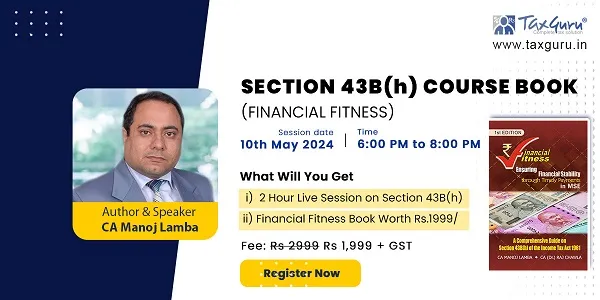


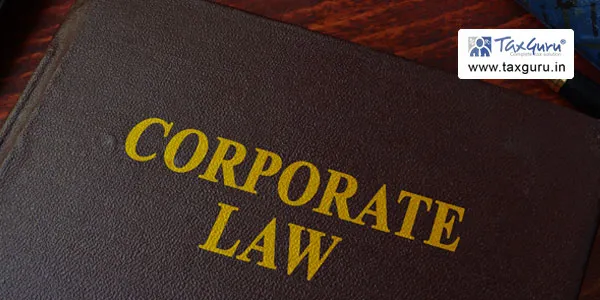


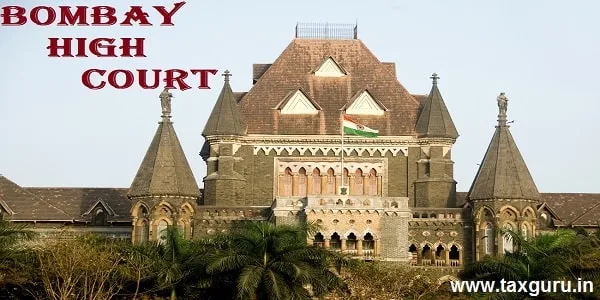
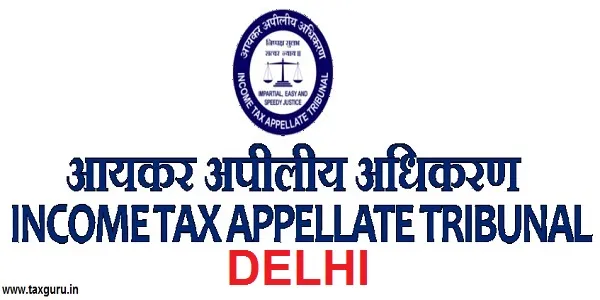

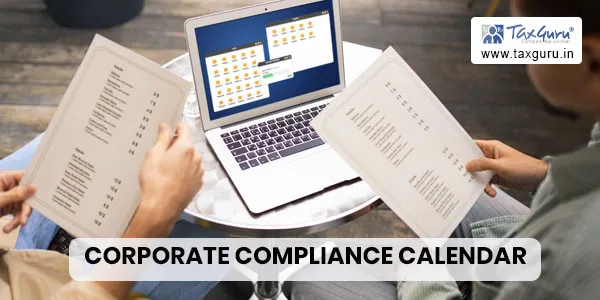

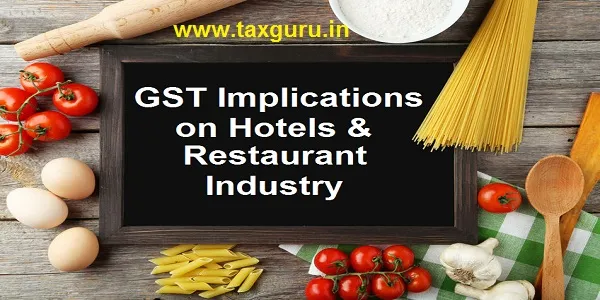



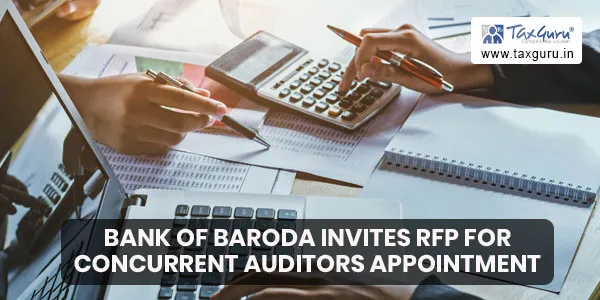
Kindly give ur full details so that, I can make steps to get your
Organization under 80 G Provisions.
My application has been rejected because the trust was inactive for last 3 years. What is the forum in which I can move an appeal. Do I have to approach the ITAT or is there anyother forum of appeal.